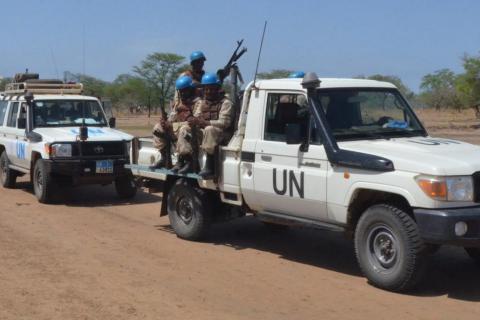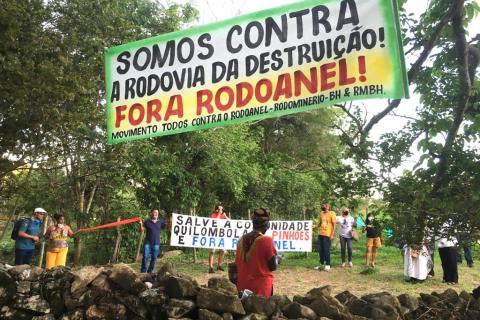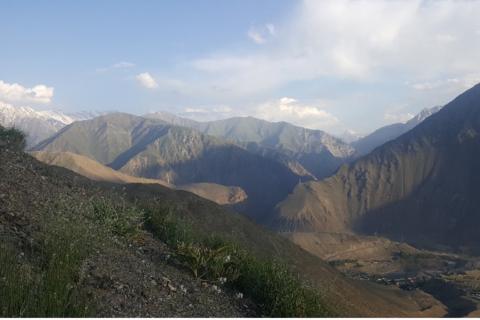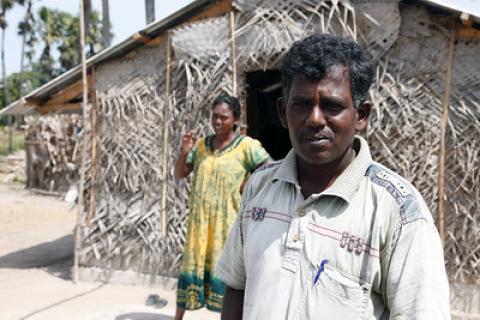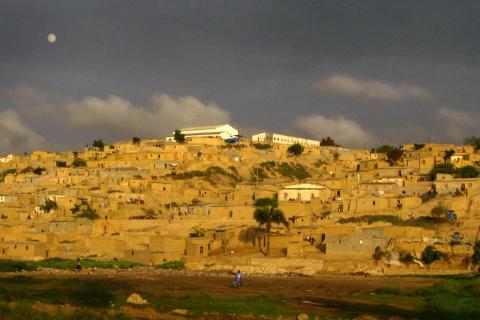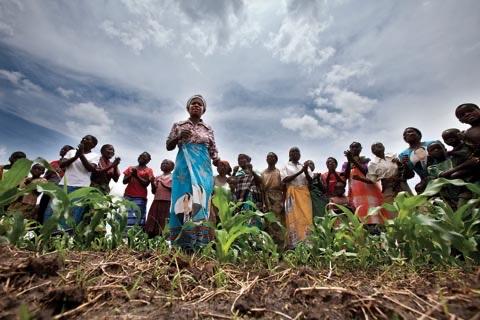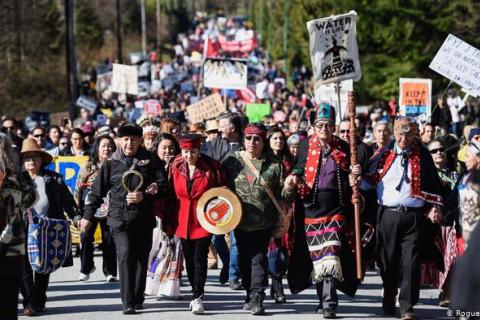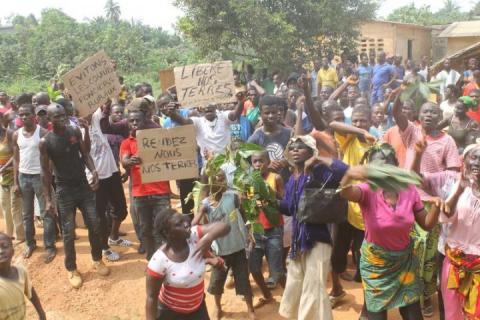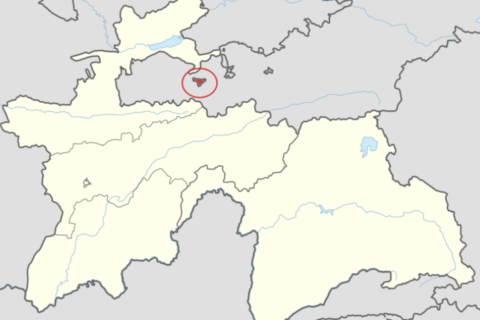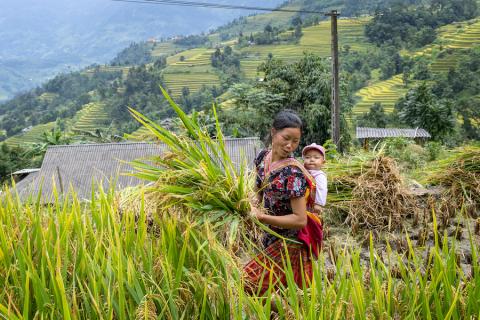The link between microfinance and land loss: Country Insights Digest #4 - February 2022
This Country Insights Digest discusses the topic of microfinance in relation to land loss. Daniel Hayward reviews three articles on the topic and adds some concluding thoughts and questions. Has microfinance merely warped into other forms of rural credit, where the profit margin trumps all other aims?


